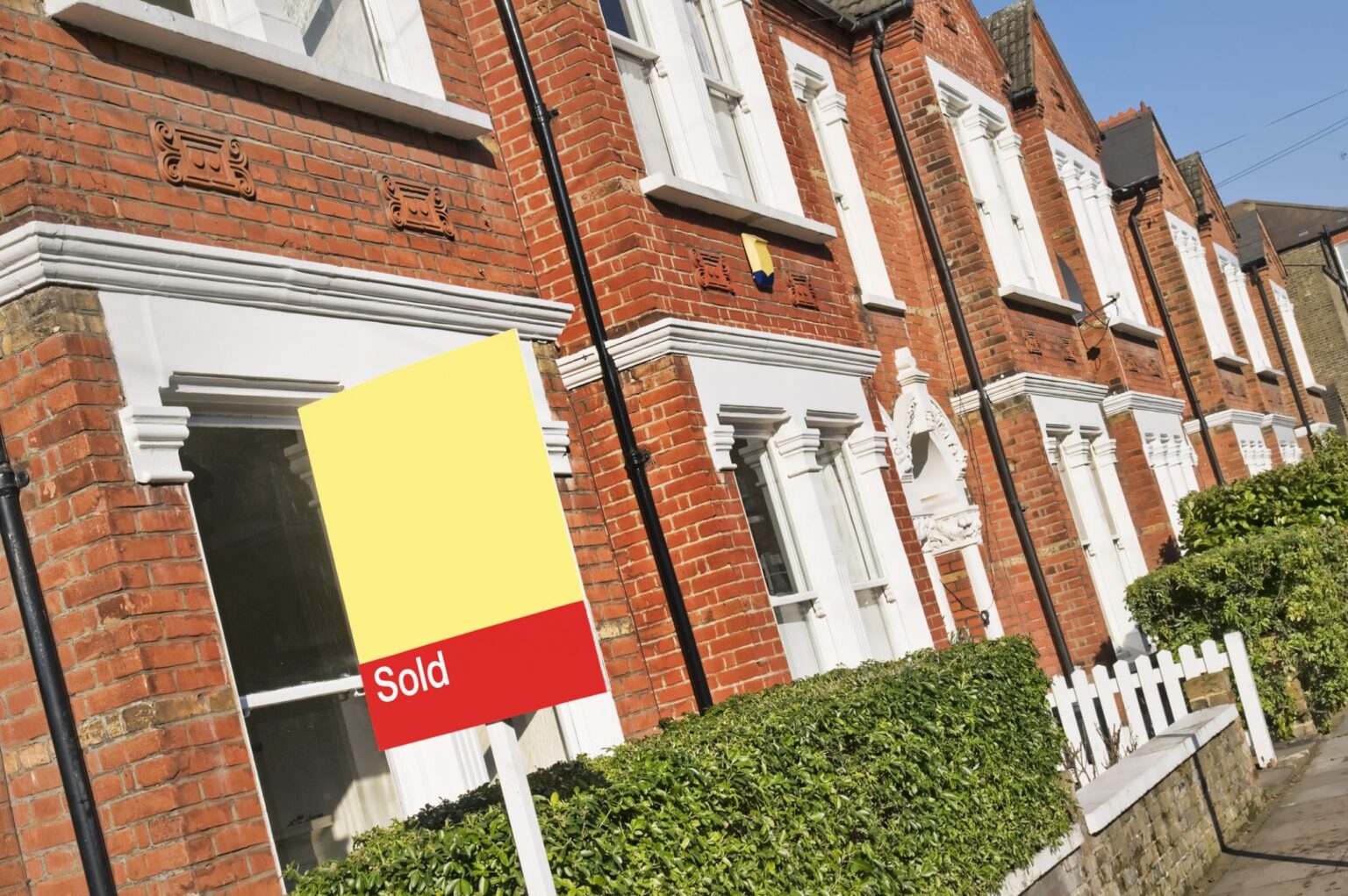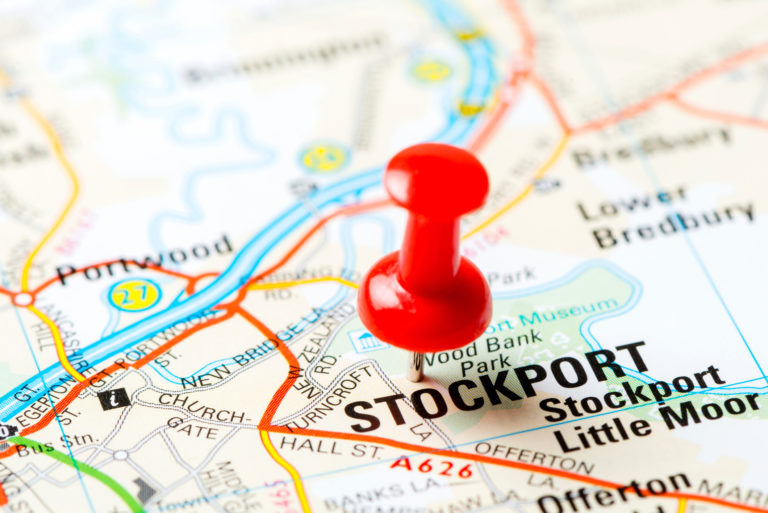Amid high levels of turbulence elsewhere in the economy, UK house prices remain robust as buyers continue to clamour for property across the country.
The average home in the UK sold for £292,000 in July, according to the latest Office for National Statistics (ONS) data, which uses sold prices recorded by HM Land Registry as opposed to asking prices.
Remarkably, this year-on-year increase of 15.5% was almost double the annual rise recorded in June of 7.8%, and is the highest yearly inflation rate seen in UK house prices in almost 20 years.
While some analysts have put this down to a correction on the stunted growth in prices seen this time last year, it also appears to reflect the ongoing high levels of confidence among buyers and investors. Despite the rumblings of economic turmoil, UK property remains a key asset for investment.
The latest rise means that the typical property owner has gained £39,000 over the past 12 months. The jumps in England and Wales were even bigger when separated from the UK average, at 16.4% and 17.6% respectively.
A stamp duty knock-on effect
While the leap in UK house prices may have been unexpected for some, with the effects of the cost of living crisis and rising mortgage rates expected to have some impact on the sector, the ONS report points to the end of the stamp duty holiday as a big driver behind the surge.
During the peak of the pandemic, a stamp duty holiday was put in place as a way of restarting the housing market. The government decided to scrap stamp duty on the first £500,000 of a property for any sales that were completed by 30 June 2021.
The incentive had the desired effect, with the housing market not only remaining robust but flourishing throughout much of the pandemic. The race for space and a rise in people reassessing their working lives also played a big part, and this has certainly continued.
While transactions did dip at the end of the holiday period ‘frenzy’, though, house prices continued to grow at healthy levels. However, a year on, the latest house price data from July could show a link, although it does not account for the ongoing huge levels of appetite in the market.
The outlook for UK house prices
Many forecasters continue to cast their vote towards a cooling off period for UK house prices, which many believe will inevitably be affected by the country’s ongoing economic issues.
James Briggs, head of personal finance intermediary sales at specialist lender Together, said: “House prices crept up again in July by 15.5%, despite the surrounding economic and political landscape in the UK. However, many signs suggest the housing market will cool in the coming months.
“With the challenging economic outlook and recession expected by the end of the year, household finances are continuing to come under pressure. Not only are first-time buyers at risk of being priced out of the market altogether, but renters are facing steeper rent and household bills this year; caught in a cycle of affordability and uncertainty.
“With an emergency budget set to take place in a couple of weeks, all eyes will be on Prime Minster Liz Truss to address the issues and challenges within the housing and mortgage market.”
However, as others have noted, there has only been 31 months when UK house prices have actually fallen – as opposed to a slowdown in growth – in the last 20 years, which all took place during the 2008 financial crisis.
From a buyer’s perspective, any short-term fluctuations in UK house prices are unlikely to affect the sector on a long-term basis. This could be the reason why investors and homebuyers continue to outpace the sales side as demand for property remains strong.










